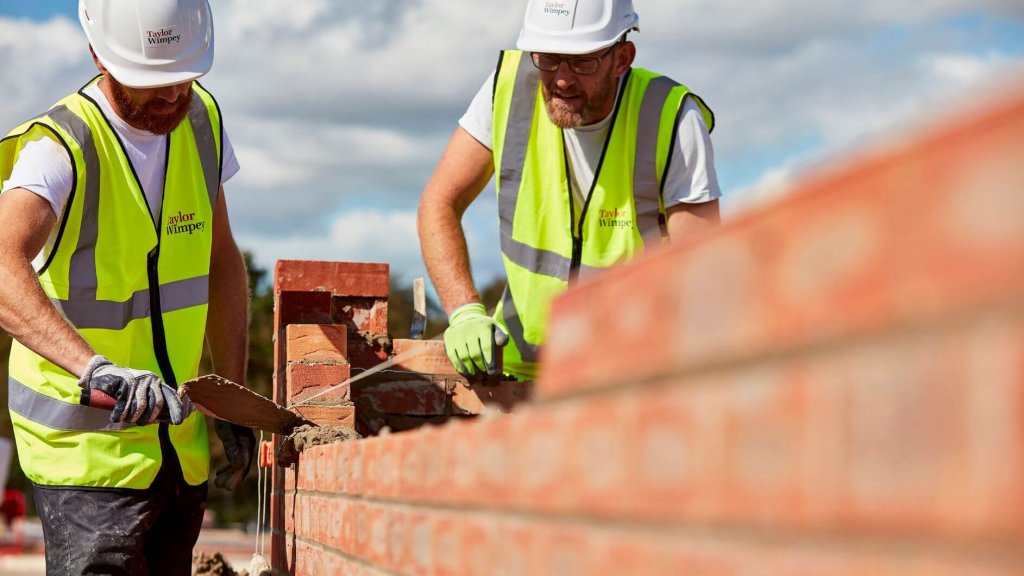Construction Industry In ‘Quicksand’ As Staff Lay-Offs Surge

The UK construction sector has suffered its largest job cuts since 2010 as economists warned that the industry is “stuck in quicksand and sinking further”.
Construction firms reported their fastest downturn in activity for almost 11 years after measures to stop the spread of coronavirus halted work and caused a slump in new orders, according to new data.
The closely watched IHS Markit/CIPS construction purchasing managers’ index (PMI) dropped to 39.3 for March, from 52.6 in February.
Analysts had forecast that it would be a reading of 44.0 for the month, according to a consensus from Pantheon Macroeconomics.
UK Construction Activity Index fell to a near 11-year low of 39.3 in March (52.6 – Feb), driven by a rapid decline in new work and stoppages of site operations following lockdown measures. More: https://t.co/yynd0TwdB9 pic.twitter.com/TdnZN8HYqn
— IHS Markit PMI™ (@IHSMarkitPMI) April 6, 2020
The three largest areas of the construction sector all posted declines, with the civil engineering industry the hardest hit, according to the survey.
Housebuilding declined at a much more modest rate, posting a reading of 46.6, after some firms continued building throughout the month.
However, construction firms also commented on an expected slump in housebuilding as site stoppages have now increased.
Lower workloads and business closures also resulted in a sharp decline in staff numbers, with the steepest pace of job shedding since September 2010.
Tim Moore, economics director at IHS Markit, said: “March data provides an early snap-shot of the impact on UK construction output from emergency public health measures to halt the Covid-19 pandemic, with activity falling to the greatest extent since the global financial crisis.
“The closure of construction sites and lockdown measures will clearly have an even more severe impact on business activity in the coming months.”
Duncan Brock, group director at the Chartered Institute of Procurement & Supply (CIPS), said: “With no upturn in sight, and with the fastest level of lay-offs since September 2010, the sector is stuck in quicksand and sinking further.
“Though lower commodity prices will bring some relief for those that can source a limited number of materials amidst disrupted supply chains, this will be cold comfort without sites to work in and staff available as health concerns remain.
“The brutality of this impact cannot be underestimated, and the sector has not hit rock bottom yet.”




